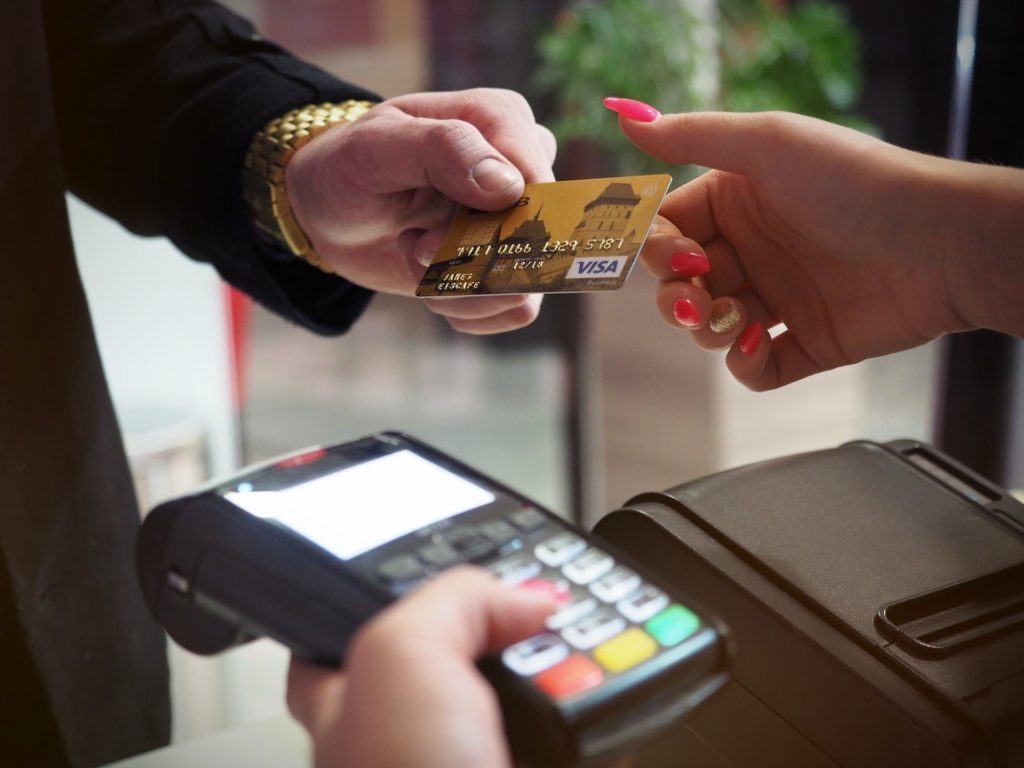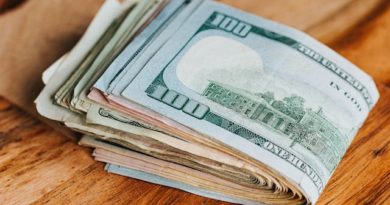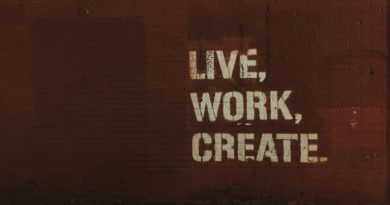Stop Wasting Money on These 21 Things
You can save a small fortune by making smarter buying decisions

During the current economic crisis, I hear many people complain that they don’t have enough money to survive. Every day, I read that millions are having to use their credit cards to pay for essentials like food and heating. It seems that everywhere I look, people are suffering.
But when I look more closely, what I see is almost everyone wasting their money. People are throwing their money away on overpriced products that many don’t even need. With a little planning, the average person could save a substantial amount of money each month.
These are the top 21 ways I see people wasting money. I could easily come up with a list of 100 ways. People are literally wasting billions of dollars every day.
#1 — Brand-name Medicines
Not many people seem to be aware that there are generic versions of brand-name medicines for sale for a fraction of the price. Next time you need to buy drugs, ask the pharmacist about generic alternatives.
#2 — Takeaway & Convenience Food
Takeaway and convenience food can cost two, three, or four times as much as it would cost to make similar food at home. Not only are you wasting money on takeaway food, but you’re also likely damaging your health.
If you cook at home, you can make healthier choices and save money at the same time.
#3 — Storage Space
If you need to store your possessions for a short period of time, paying for storage space can be a good solution. Where many people go wrong though, is storing junk that they will never use again.
I’ve read of people paying $50-$100 a month for years. Often, they pay more for storage than their possessions are actually worth. There’s no point paying $1,200 to store a $500 item. Yet, that’s what some people do.
Instead, why not sell what you don’t need?
#4 — Paper Towels
Using paper towels is not only a waste of money but also damaging to the environment. The more paper products we use, the more trees need to be cut down.
A better solution is to use a cleaning cloth. It will last a long time and can be easily washed.
#5 — Brand-name Clothes
I have the odd brand-name item of clothing, but I didn’t buy it because of the brand name. I buy good-quality clothes that look good on me.
Too many people these days are obsessed with wearing certain brands. The extra cost is mainly because of the marketing, not because the clothes are of better quality.
Ask yourself this — if the clothes are so great, why do the companies need to continue spending millions on marketing?
#6 — Cars & Gas
I’ve only ever owned four cars in my entire life. Three of them cost under $2,000. I’ve never bought a new car. This has saved me a massive amount of money over the years. I usually walk, cycle, or get public transport.
As well as saving money, walking and cycling help keep me fit and healthy.
#7 — Gym Membership
You don’t need to join a gym to get fit. You can work out for free. You can go running in the park and do bodyweight exercises both outdoors and indoors.
Every morning, I do 20 pushups, 20 squats, 20 lunges, and 20 jumping jacks. It only takes me a few minutes. I often repeat this in the afternoon. After a few weeks, I vary the exercises. I also walk and cycle.
#8 — Kitchen Gadgets
I’m sure you all have at least one kitchen gadget that seemed like a good idea but only got used a few times. Maybe you have a bunch of them hidden in the back of your cupboard.
If you use these gadgets often, they may be worth the costs. But for most people, they are a complete waste of money.
#9 — Cable TV & Streaming Services
More people are already realizing that cable TV and streaming services like Netflix are a waste of money. YouTube is free and is more than enough for most people’s needs.
#10 — Print Newspapers
I think of print newspapers as the paper version of yesterday’s internet news. There doesn’t seem to be much point to print newspapers these days. There are out of date even before they’re printed.
#11 — Books
Books can be borrowed from libraries for free, so there’s no real need to buy them. If we do want to buy, we can reduce the cost by sharing books with a group of friends.
Most books that are bought are read once and then forgotten about. They aren’t very good value for money.
#12 — Bottled Water
Instead of buying bottled water in plastic containers, why not fit a water filter at home? Not only will you be saving money, but you won’t be contributing to all the plastic bottle waste.
#13 — Extended Warranties
There may be rare occasions where these are worthwhile, but most extended warranties are just a rip-off. I remember buying a printer for $100 and being asked if I wanted an extended warranty for $75. I walked out of the store. It’s beyond ridiculous.
If it costs 75% of the product price to insure it, then the product must be of exceedingly low quality. Either that or the retailer thinks you’re stupid.
#14 — Computer Software
When it comes to most common computer software, there are almost always free alternatives. These alternatives are usually just as good as the paid versions. You may need to pay for some software if you’re running a business, but for personal use, the free versions are usually enough.
#15 — Banking Fees
Some banks charge extortionate fees. If your bank does, I’d suggest switching to a bank that has more reasonable fees. These days, you can get good bonuses for switching banks, so that’s a double gain.
#16 — Airline Fees
When you’re booking airline tickets, what seems like the cheapest tick often isn’t. If a ticket from one airline is $200 and it’s $250 from another, it’s tempting to just book the $300 ticket right away.
But you need to check what all the added extras add up to. Many airlines charge extra for booking a seat, for luggage, for an inflight meal, and much more. These can add up to a substantial amount. Make sure you calculate the total cost before choosing which airline to book with.
#17 — Pastry With Your Coffee
Whenever I buy a coffee, the barista almost always asks if I want a cake or pastry with it. It’s sometimes too easy to just say yes. But if you didn’t intend to buy a pastry, just say no.
Adding a pastry to your order every day is bad for your wallet and bad for your waistline.
#18 — Upgrading Your Phone Every Year
I’ve had the same phone for almost four years. I’ve had my laptop for over five years. They both still work perfectly. There’s simply no need to upgrade your phone or electronics every year as some people do.
The upgraded phone likely isn’t much better than the phone you already have. Sometimes, a new phone turns out to be worse than the one we already had. In those cases, we’re paying to downgrade our phones.
#19 — Alcohol & Cigarettes
These are both a disaster for your wallet and your health. If you have to drink, do it in moderation. Enough said.
#20 — Monthly Subscription Boxes
It can seem like a good idea to get a monthly box of whatever you’re into. What you’ll find though, is that often you don’t like what’s in the box. Your box turns out to be a waste of money.
Instead, why not just buy the individual items you want? There’s simply no need to get a subscription box of random items that you may or may not like.
#21 — Impulse purchases
Whenever I see an expensive item that I’m thinking of buying, I put the decision off for a week or two. If I still want to buy the item, I go ahead and purchase it.
But I find that around 90% of the time, I just forget about it. I didn’t need it as much as I thought I did at the time. Impulse purchases are usually satisfying emotions and not needs.
As well as saving money, you can also earn more money by writing on Medium. Read how I made $5,800 in just 8 months.


